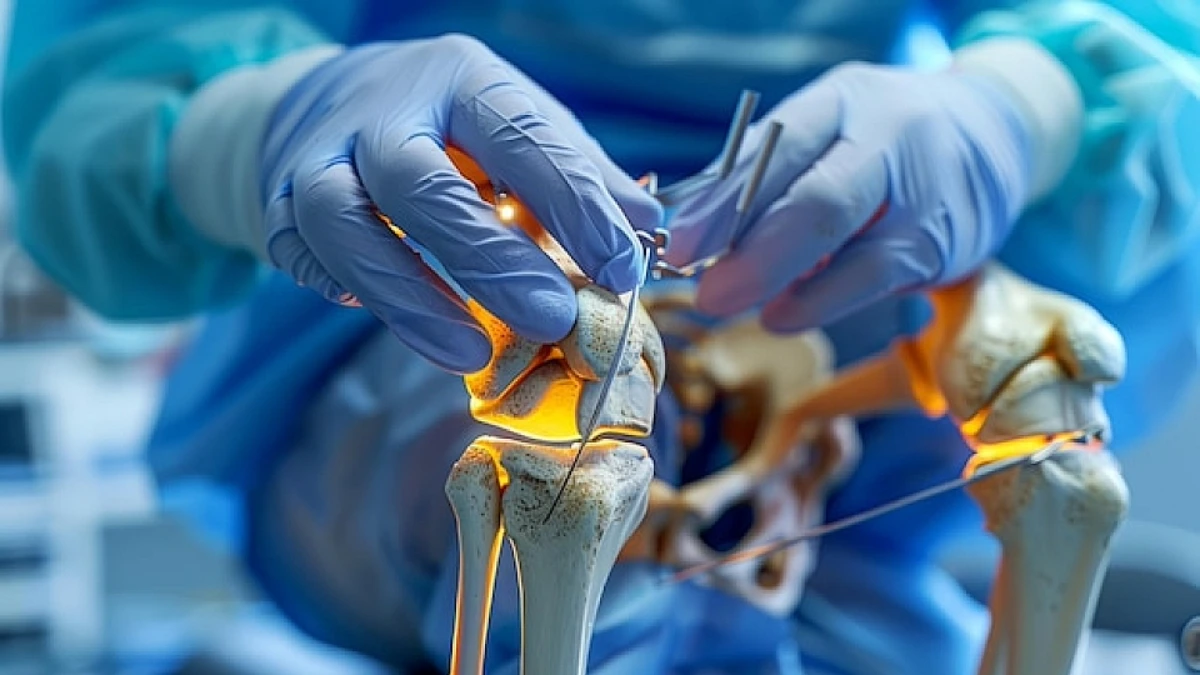Fasting is a practice observed for various reasons, including religious, medical, and health benefits. However, maintaining optimal nutrition while fasting is crucial to sustaining energy levels, preventing dehydration, and ensuring overall well-being. In this guide, we provide essential nutrition tips for fasting, emphasizing proper hydration, meal planning, and food selection to support a balanced and healthy fasting experience.
Understanding Fasting and Its Effects on the Body
Fasting involves abstaining from food and/or drink for a specific period. The effects of fasting on the body can vary depending on duration, dietary choices, and individual health conditions. Common fasting methods include:
- Religious fasting: Observed in various faiths, such as Ramadan fasting in Islam, Yom Kippur fasting in Judaism, and Lent fasting in Christianity.
- Intermittent fasting: Includes popular patterns like 16:8 (fasting for 16 hours, eating in an 8-hour window) and 5:2 (five normal eating days, two calorie-restricted days).
- Medical fasting: Often required before surgical procedures, blood tests, or imaging.
- Weight loss fasting: A strategy used in ketogenic and other dietary plans.
To ensure a healthy fasting experience, it is essential to focus on nutrient-dense foods, hydration, and meal timing while avoiding common pitfalls like excessive sugar intake and dehydration.
Essential Nutrition Tips for Fasting
1. Prioritize a Nutrient-Dense Suhoor (Pre-Dawn Meal)
The pre-dawn meal, or Suhoor, is essential for providing sustained energy throughout fasting. Opt for foods that digest slowly and maintain satiety:
- Complex carbohydrates: Whole grains, oats, brown rice, and quinoa release energy gradually.
- High-quality protein: Eggs, Greek yoghurt, cottage cheese, and nuts help maintain muscle mass.
- Healthy fats: Avocados, chia seeds, and olive oil support brain function and satiety.
- Hydrating foods: Cucumbers, watermelon, and yoghurt help retain fluids and reduce dehydration risk.
Avoid: Processed cereals, white bread, and sugary beverages, which cause blood sugar spikes and subsequent crashes.
2. Break Your Fast Gradually During Iftar (Post-Sunset Meal)
Iftar should be approached with a balanced strategy to prevent digestive discomfort and optimize nutrient absorption:
- Start with dates and water: Dates provide natural sugars for energy, while water helps rehydrate the body.
- Include a light appetizer: Lentil or vegetable soup aids digestion and prepares the stomach for the main meal.
- Choose a balanced plate: Incorporate lean proteins (chicken, fish, tofu), fibre-rich vegetables, and whole grains.
Avoid: Fried foods, excessive salt, and sugary drinks, which can lead to bloating, fatigue, and dehydration.
3. Maintain Optimal Hydration Levels
Dehydration is a common concern during fasting, particularly in hot climates or long fasting hours. To stay hydrated:
- Drink 10-15 glasses of water between Iftar and Suhoor.
- Incorporate electrolyte-rich drinks, such as coconut water or diluted fruit juices.
- Limit caffeine intake from tea and coffee, as it can increase urine output and contribute to dehydration.
Hydration Tip: Use the mermaid diagram below to track your water intake throughout fasting hours.
4. Balance Macronutrients for Sustained Energy
To maintain stable energy levels during fasting, focus on the right balance of carbohydrates, proteins, and fats:
- Carbohydrates: Whole grains, legumes, and starchy vegetables provide fibre and prolonged satiety.
- Proteins: Lean meats, fish, eggs, and plant-based proteins like lentils help with muscle maintenance.
- Healthy fats: Nuts, seeds, and olive oil support cellular function and long-lasting energy.
5. Manage Sugar and Processed Foods Intake
Consuming excessive sugar can lead to energy crashes and increased hunger levels. Instead of processed sweets, opt for:
- Natural sweeteners: Honey, dates, or fruit-based desserts.
- Protein-based snacks: Greek yoghurt with nuts or homemade energy bars.
- Smart portion control: Savor smaller amounts of desserts rather than indulging in large portions.
6. Avoid Overeating and Digestive Discomfort
Breaking the fast with large, heavy meals can cause bloating, fatigue, and indigestion. To prevent this:
- Eat slowly and mindfully.
- Chew food thoroughly to aid digestion.
- Split meals into two portions to avoid overloading the stomach.
7. Incorporate Light Physical Activity
While intense workouts should be minimized during fasting, low-impact activities help maintain fitness and circulation:
- Light walks after Iftar promote digestion and blood circulation.
- Stretching and yoga help relieve muscle tension.
- Strength training after breaking the fast ensures muscle maintenance without overexertion.
8. Consider Nutritional Supplements If Needed
For those fasting regularly, supplements may help prevent deficiencies, particularly in:
- Vitamin D (important for bone health)
- Iron (especially for women and vegetarians)
- Omega-3 fatty acids (for brain function and inflammation control)
9. Recognize When to Stop Fasting
Fasting should be adjusted or discontinued if it causes severe symptoms such as:
- Dizziness or fainting
- Severe dehydration
- Persistent headaches or weakness
- Low blood sugar (especially for diabetics)
Consult a healthcare provider if any of these symptoms persist.
Conclusion
Fasting can be a rewarding experience when combined with strategic nutrition planning, proper hydration, and balanced meals. By following these nutrition tips for fasting, individuals can maintain their health, energy, and well-being throughout the fasting period. A mindful approach to meal selection and hydration will not only support physical health but also enhance the overall fasting experience. At Avicenna International Hospital, we provide expert nutritional guidance and healthcare services to support your well-being during fasting and beyond. Contact us today to learn more about optimizing your nutrition and health!
Stay hydrated and eat nutrient-dense meals before and after fasting, focusing on proteins, healthy fats, and complex carbs.
Start with water, bone broth, or fruit, then follow with lean proteins, healthy fats, and whole grains for balanced nutrition.







